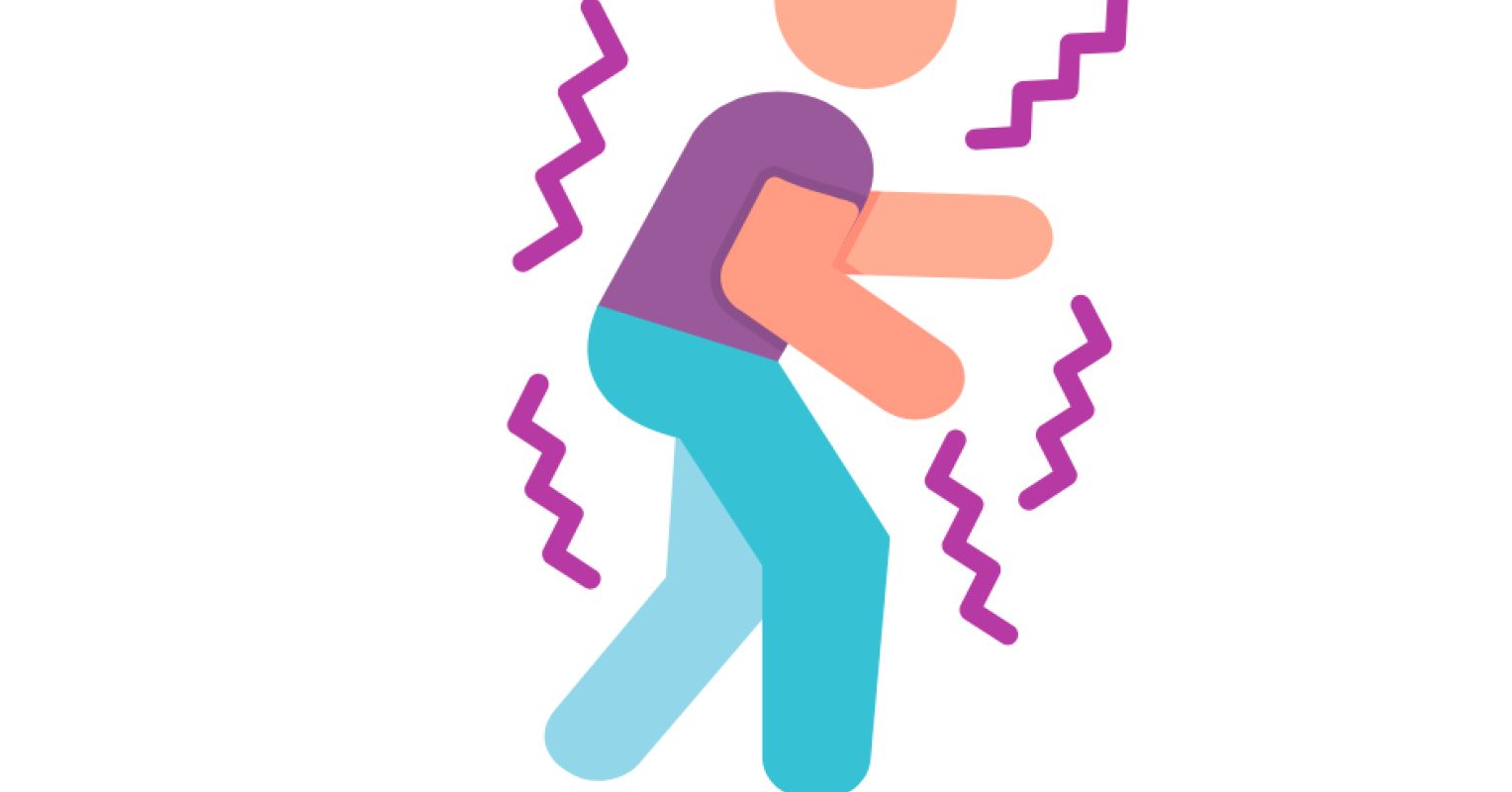
"Tardive dyskinesia, or TD, is a drug-induced movement disorder that can occur in individuals taking certain medications that block dopamine receptors in the brain."
"TD commonly affects the face, mouth, hands, and feet, but can affect any muscle in the body including muscles that are used to breathe and swallow."
"Most commonly, cases of TD are caused by antipsychotics, medications used to treat a wide variety of mental health disorders, including autism and schizophrenia."
"It is estimated that in the United States, up to 800,000 people are living with TD, but most go undiagnosed."
Tardive dyskinesia (TD) is a movement disorder resulting from prolonged use of dopamine-blocking drugs like antipsychotics. Symptoms include uncontrollable, involuntary movements affecting the face, hands, and other areas, often resulting in difficulty swallowing. In the U.S., up to 800,000 people suffer from TD, many undiagnosed. The prevalence of TD among users of second-generation antipsychotics is around 20%, while it rises to 30% for first-generation users, particularly those over the age of 50, indicating higher risks in older populations.
Read at Psychology Today
Unable to calculate read time
Collection
[
|
...
]